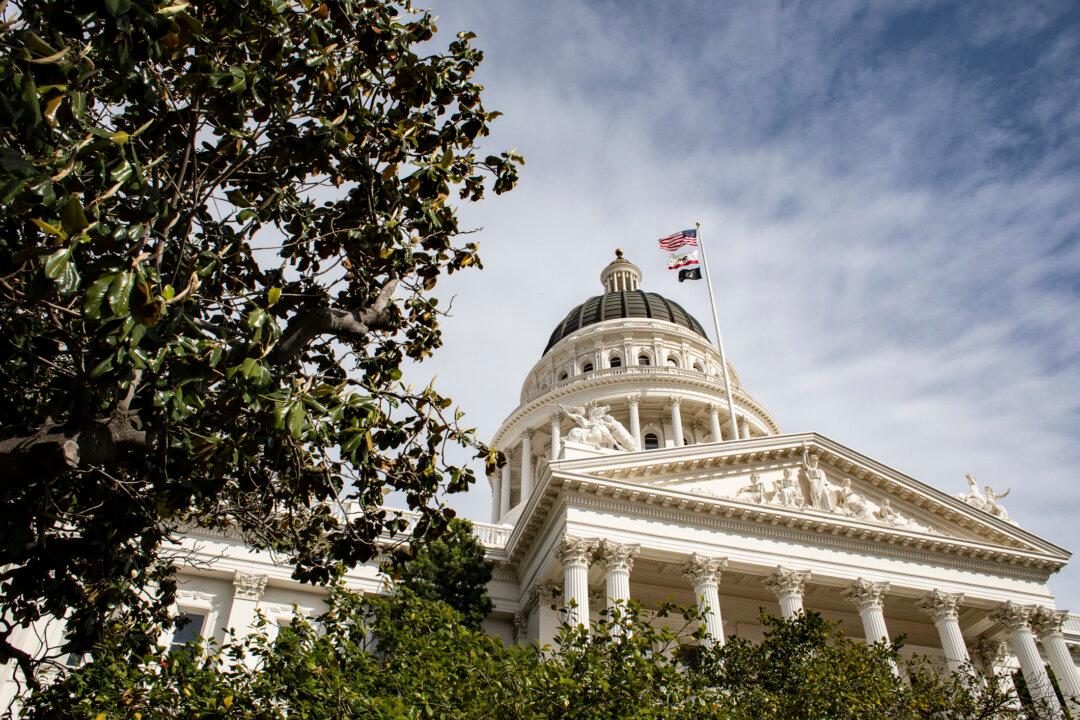In an opinion released on June 20, the California Supreme Court ruled unanimously in favor of California Gov. Gavin Newsom’s and the state Legislature’s request to remove a ballot measure that would make it more difficult for the government to raise taxes.
At issue is an initiative known as the Taxpayer Protection and Government Accountability Act, which would define taxes to include any fees or charges imposed by the state and would require approval by the electorate and a two-thirds vote by lawmakers.





